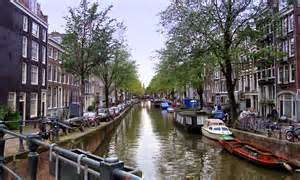Manson Everard, investigating the singular contents of an ancient British barrow, finds that he was responsible for those contents.
Keith Denison, investigating Iran, 558 BC, finds that he must either play the role of Cyrus or prevent the murder of Cyrus.
John Sandoval, investigating North America, 1280, finds that he must prevent the Mongol conquest of North America.
Carl Farness, investigating the sources of stories in the Volsungasaga, finds that he must play the role of Odin in a climactic scene.
Janne Floris, investigating a mysteriously altered text of Tacitus' Histories, finds that she caused it and must play the role of the goddess Niaerdh in order to prevent a temporal divergence.
Wanda Tamberly, investigating Beringia in 13,211 BC, finds that she is the reason why the proto-Americans did not settle where they had arrived but moved further the following year.
Hugh Marlow, investigating France, 1307, finds that he is the reason why the Templar fleet escaped when the Order was suppressed.
Seven: have I missed any?
Everard, working with Floris, reflects:
"They dared not charge blind into what might well be the source of the instability, the obscure and easily annulled event from which an entire future could spring."
-Poul Anderson, Time Patrol (New York, 2006), pp. 574-575.
Anderson's discussion of temporal paradoxes had become much more sophisticated by this later stage of the series. No matter how cautiously they approach it, Everard's and Floris' mere arrival at a particular moment in the past is the source of the instability, the obscure event that they have set out to investigate.

No comments:
Post a Comment